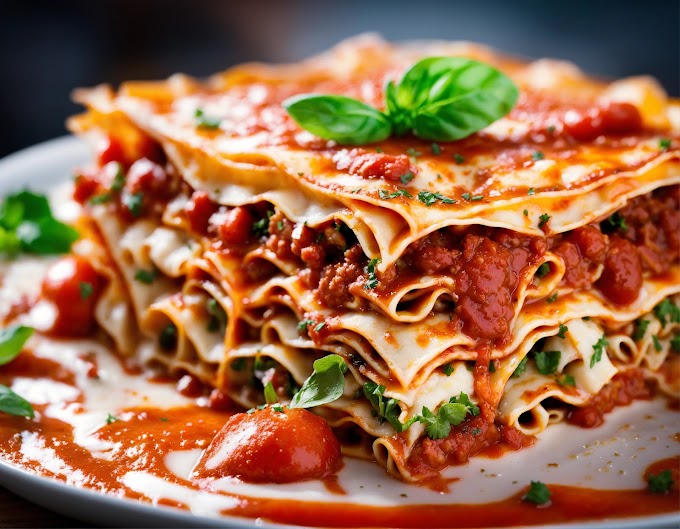Introduction:
Cream cheese, with its rich and creamy texture, is a kitchen staple that lends its lusciousness to countless recipes. But what happens when you want to make a little extra or batch-cook your favorite cream cheese-infused dishes? Can recipes with cream cheese be frozen successfully without sacrificing flavor and texture? In this detailed exploration, we'll dive into the world of freezing cream cheese-based recipes, addressing common concerns and providing you with the knowledge you need to confidently navigate the freezer aisle.
Freezing Cream Cheese: A Delicate Balance:
Cream cheese, being a dairy product with a high water content, can be a bit finicky when exposed to freezing temperatures. The freezing process can cause changes in texture, potentially affecting the overall quality of your dishes. However, fear not; with a strategic approach, you can still enjoy the convenience of freezing recipes that feature cream cheese.
How to Freeze Cream Cheese:
Portion Control: Begin by dividing your cream cheese into smaller portions. This not only helps with freezing but also ensures you can thaw only what you need without compromising the entire block.
Wrap It Up: Individually wrap each portion tightly in plastic wrap, making sure there are no air pockets. This step is crucial to prevent freezer burn, which can negatively impact the flavor and texture of the cream cheese.
Seal in Bags: Place the wrapped portions in airtight freezer bags, squeezing out as much air as possible before sealing. This additional layer of protection helps maintain the cream cheese's freshness and prevents it from absorbing unwanted odors.
Label and Date: To keep track of freshness, label each bag with the date of freezing. Cream cheese is best when consumed within two to three months of freezing.
Freezing Cream Cheese-Based Dishes: Preserving Perfection:
Cool Before Freezing: Allow cream cheese-based dishes to cool completely before freezing. This step prevents condensation from forming inside the packaging, which can negatively impact the dish's texture.
Wrap It Right: Similar to freezing cream cheese on its own, wrap cream cheese-based dishes tightly in plastic wrap or aluminum foil. For an extra layer of protection, consider using airtight containers.
Mind the Texture: Be aware that the freezing process can alter the texture of cream cheese, especially in more delicate recipes. Dishes with a heartier structure, such as casseroles or dips, tend to fare better in the freezer.
Conclusion:
In conclusion, freezing recipes with cream cheese requires a thoughtful approach. By understanding the delicate balance of freezing cream cheese, employing proper techniques, and considering the specific requirements of your recipes, you can confidently embark on a frosty adventure without compromising on flavor and quality. Happy freezing and even happier feasting!
FAQs:
1. Can I Freeze Cream Cheese on its Own?
- Absolutely! Freezing cream cheese is possible, but be prepared for potential changes in texture. Consider using frozen cream cheese in recipes where texture is less crucial.
2. How Does Freezing Affect the Texture of Cream Cheese?
- Freezing can cause cream cheese to become slightly grainy or crumbly. While this may not be noticeable in certain recipes, it might impact the quality of dishes with a more delicate texture.
3. Can Cream Cheese-Based Recipes Be Frozen Successfully?
- Yes, many recipes with cream cheese can be frozen, but the results may vary. Dishes like cheesecakes, casseroles, and cream cheese-based dips often withstand freezing better than others.
4. How Can I Adjust Recipes for Freezing?
- If planning to freeze a recipe with cream cheese, consider adding a stabilizer like cornstarch or flour to maintain the texture during freezing and thawing.











Thank you for comments